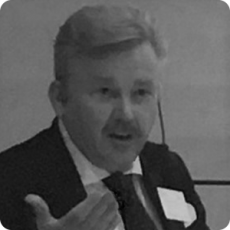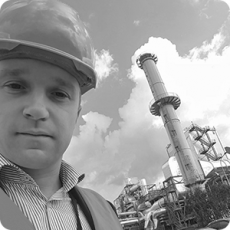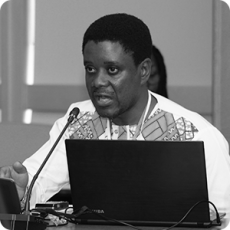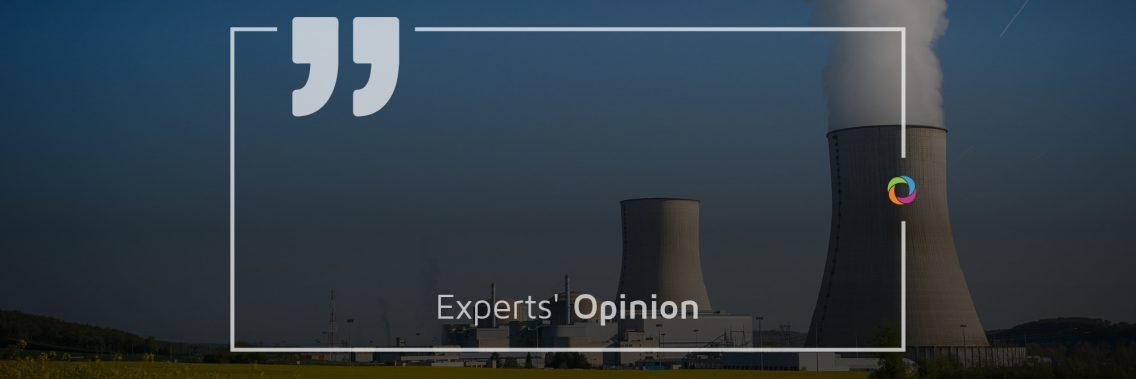One of the UN Sustainable Development Goals is “Affordable and Clean Energy”. At present, people possess proven technologies that ensure adequate safety levels and safe radioactive waste disposal. We asked several experts to share their opinions regarding the role of nuclear energy in achieving sustainable development goals and what are the nuclear energy challenges.
What is the role of nuclear energy within sustainable development goals?

“The conundrum is how to transition from an energy economy relying on limited hydrocarbons that produce greenhouse gases and pollutants (from coal, petroleum and natural gas) to one that assures the energy needs, such as electricity, for all future generations. One solution is investment in renewables, such as hydro, wind and solar power. Unfortunately, (1) the wind doesn’t always blow and the sun doesn’t always shine, hence their capital costs per unit of energy produced are high relative to fossil-fueled alternatives, and (2) hydro is not available in all locations, particularly during droughts. Until the capital and environmental costs of energy storage are competitive, non-carbon backups are required. At present, one backup could be nuclear power. However, the total costs of nuclear power include large up-front and back-end capital expenditures. There is the risk of abusing nuclear fuel production technologies to create nuclear weapons. Also, there are long-term radioactive waste management costs.”

“I believe that the role of nuclear energy should be reconsidered, bearing in mind the global energy transition towards a carbon-free economy as well as sustainable development goals. Nuclear technology is indeed mature enough to be considered as safe and predictable, effective in generating clean and affordable energy in a long-term perspective. Also, taking into consideration the most popular renewable energy sources (wind and solar), these need to be balanced with a solid energy supply in baseload (the rely on many diverse weather conditions as well as the time of day). In this particular regard, nuclear technology seems to be the best baseload solution by far. Another nuclear-type technology, Small Modular Reactors (SMRs), can be a cost-efficient solution fulfilling the specific needs of developing countries to improve education and well-being and to eliminate poverty.”

“Nuclear energy has its merits and demerits in relation to fossil energy when viewed through the sustainability lens including, but not limited to, the environment, economics, ethics, expertise requirements, technical information, health, safety, uncertainty and government funding. Although the demerits seem to outweigh the merits, it could be a plausible solution to meet the world’s growing energy needs and to reverse the impending threats to the environment, those posed by climate change and its ripple effects on other sectors. This will depend on the acceleration of dedicated funding for research and development efforts in the sector.”
What are the key issues in sustaining nuclear energy and what should the international community do about this?

“Sustaining nuclear power is problematic. The total costs of nuclear power include large up-front and back-end capital expenditures. These costs are prohibitive in deregulated electricity markets, where nuclear power is competing against cheap fossil fuels. This is one reason why the nuclear power industry has moved eastward where the central governments (1) support state-owned enterprises to build nuclear plants and (2) finance publicly-owned electricity utilities to buy them. Further, given the risks of abusing nuclear fuel technologies to create nuclear weapons, many advanced nuclear technologies using spent nuclear fuel (SNF) reprocessing are limited to the nuclear-weapon states of China, France, Russia, the UK and the US. The International Atomic Energy Agency is responsible for both promoting peaceful nuclear power and limiting the spread of uranium enrichment and reprocessing technologies. Also, misconceptions related to long-term radioactive waste management have led to widespread distrust of the nuclear power industry.”

“The priority is to develop common communication towards sharing best case practices among investors, public administration, utilities and other stakeholders. Also, a number of highly capable international donors and financial institutions can support the development of renewable, zero-emission energy and thus nuclear investments in underdeveloped countries. Multilateral energy power trade, contract optimisation, the capacities of distribution systems on their regional and international scales as well as other aspects, risks and mitigation scenarios should all be discussed by the international community. Developing a common understanding in terms of a technical baseline and energy efficient cooperation remain essential.”
Check more than 70 job opportunities in the energy sector here.

